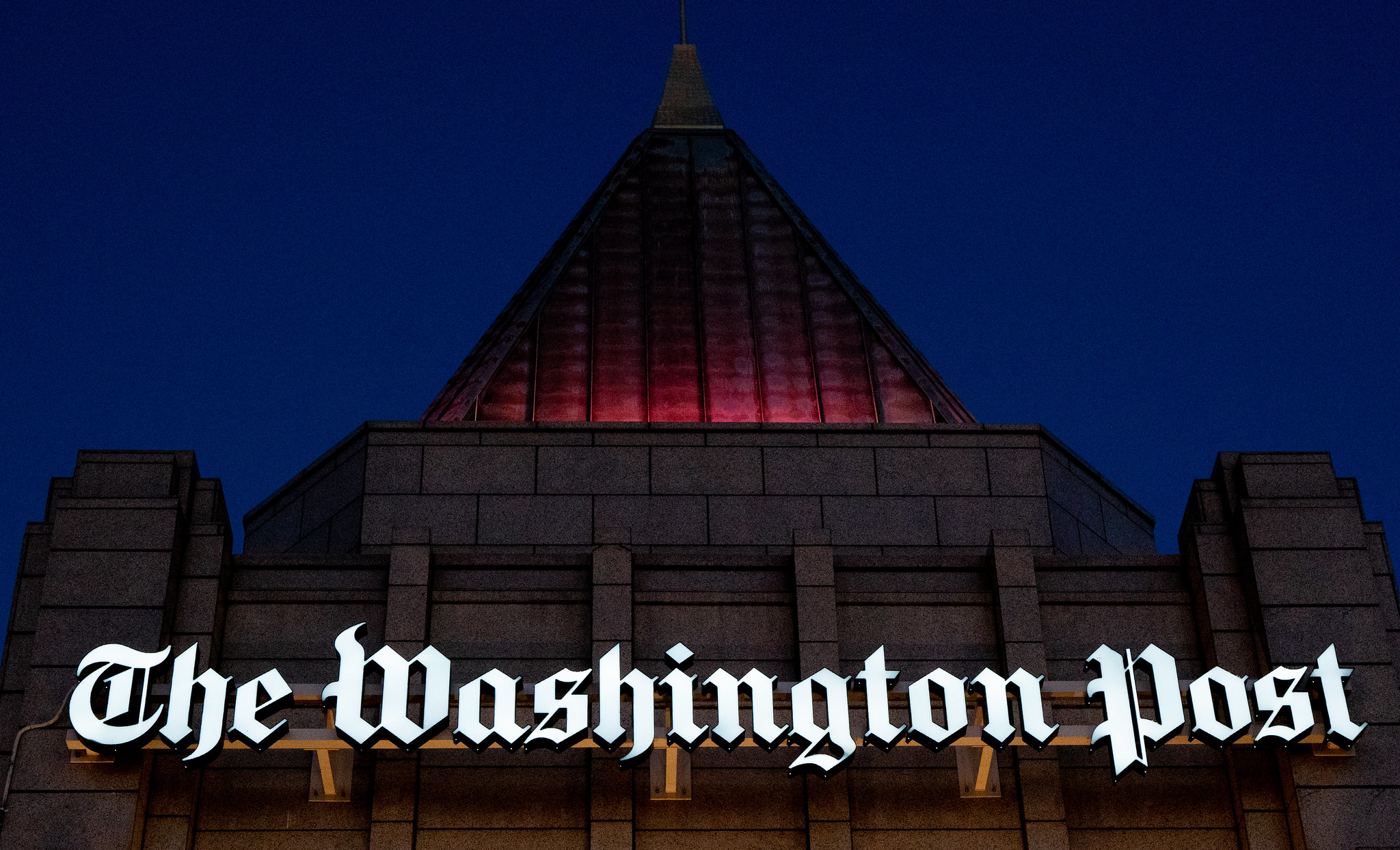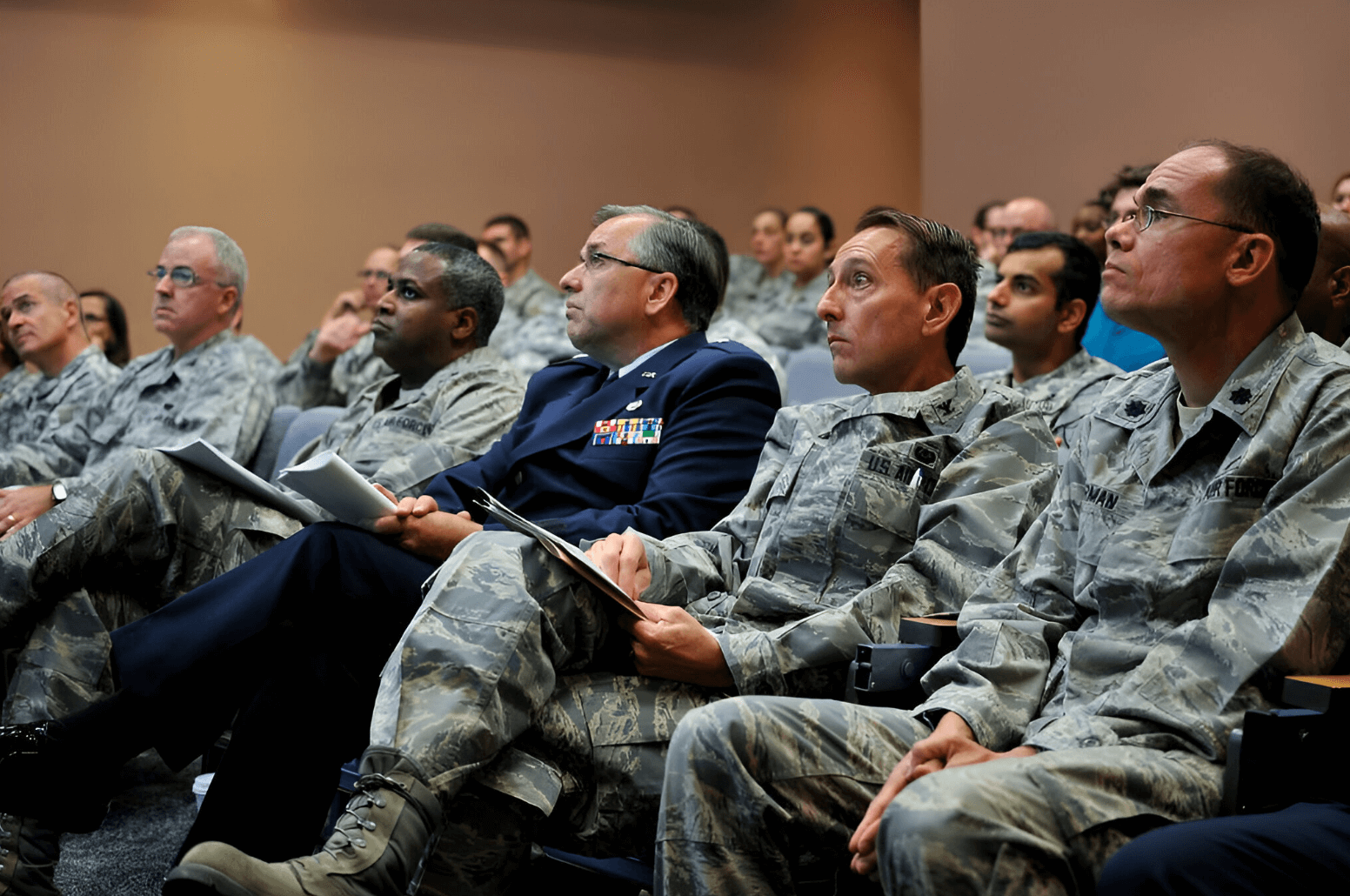Fred Hiatt
A formative influence on me and my work—and thus on Lawfare, too.

Published by The Lawfare Institute
in Cooperation With

It is the historical custom at the Washington Post editorial page, at least in the print edition, to use a person’s name alone as an editorial headline only on the occasion of that person’s death.
The passing of Fred Hiatt this week at the young age of 66 has already sparked a number of tributes, including from my former colleagues at the page. On the In Lieu of Fun show Monday evening, I offered some of my own thoughts, and I wrote a fuller piece over at The Bulwark.
Lawfare not being a site devoted to commentary on journalism and Fred’s contributions not having been in the national security legal arena, I will not try to distill here what made Fred a deeply unusual and important figure in recent U.S. life and letters. Nor will I comment here on his qualities as a human being or the deep anguish at his death that all of us who worked closely with him over the years feel this week. Others are doing that beautifully.
But there is an aspect of Fred Hiatt that nobody else is going to articulate yet is important for Lawfare readers to understand: in two critical respects, he was a foundational influence on the site.
When asked to describe the influences behind Lawfare, I usually mention three people: Marty Lederman, for his demonstration project on Balkanization during the Bush administration that a law professor could do first-rate legal scholarship at the speed of journalism; the folks at ScotusBlog for showing how a legal web resource could go infinitely deeper than the mainstream press can or will go; and Eugene Volokh for his assembly of a crew of dispersed legal writers on the Volokh Conspiracy who were united by a common sensibility.
But the truth is that there was a fourth major influence, and that was Fred. The influence was not substantive in the sense of Fred having done important writing in this space—which was an area on which he was more apt to listen to than to write. It was attitudinal and spiritual and largely unperceived by me at the time Lawfare was coming together.
The Washington Post Editorial Page is the most philosophically diverse editorial page in the country—by a country mile. I was there from 1997 through 2006, and during some of that time, I sat daily in a room with Ruth Marcus and Anne Applebaum, between whose politics spanned most of the range of what I then understood to be the responsible American political spectrum. (Their politics have converged over the years since in that both are committed to democracy—the division over which is the fundamental new fault-line in our politics.)
Fred’s own politics were endlessly complicated. In the same period as he was taking heat for that page’s support of the Iraq War and my support of conservative judicial nominees, he was relentlessly campaigning for human rights all over the world. He was also encouraging a campaign of mine for criminal justice reform in Virginia—long before the issue gained more bipartisan traction. He was comfortable taking heat from the Left for supporting a robust American foreign policy, one that included significant military operations, but simultaneously taking heat from the Right for all kinds of basic liberal commitments represented in the Post’s editorials, as well as for the fervent demand by Deputy Editorial Page Editor Jackson Diehl for accountability for abuses at Abu Ghraib and CIA black sites. The Post is proudly politically independent, and genuinely so, but it also hasn’t endorsed a Republican for President since Eisenhower. This did not cause Fred cognitive dissonance.
And when I think about the sensibility that lay beneath the building of Lawfare, the key elements of Fred’s sensibility were all central to what Jack Goldsmith, Bobby Chesney and I tried to create. We tried to build a site that was genuinely ideologically diverse. We tried to build a site where ideas could be debated, including ideas that are deeply contentious. We tried to build a site that was genuinely non-partisan, but in which non-partisanship did not necessarily mean evenhandedness.
And we tried to build a site in which it was okay to infuriate some people with defenses of surveillance authorities and drone strikes and infuriate other people with an insistence on democratic norms and the critical importance of managing an out-of-control presidency. In so many ways, the mood of what we have tried to build at Lawfare is, as Clausewitz might have said, the continuation of the Washington Post Editorial Page by other means. It was, and is, an attempt to take that mood of civil but fierce independence and rigor and apply it to a different set of problems and a different style of writing.
Embedded in this account is my second point: Fred had a profound influence on me personally. I never really had a professional mentor in the sense that most people think of the term. By the time I started working with Fred, a couple of years before he ascended to the leadership of the page, I was already a Washington Post editorial writer with an office along a corridor of very illustrious people. Fred did not teach me how to write—though he did once insist that I start writing better. Nor did he teach me how to analyze doctrines or laws or cases.
I did, however, learn from Fred most of what I know about how a publication can model democratic dialogue and can enrich a public conversation by adding information to it and insisting on good reasoning and showing its work.
It honestly never occurred to me to express to Fred the debt that Lawfare owes him, and that I owe him personally, partly because it never dawned on me that the opportunity to do so would vanish suddenly—that I would be writing a piece with a headline bearing only his name.
At the same time, I have no doubt that Fred understood at some level that there was a kind of spiritual connection between the grand project he ran and the little one we were building at Lawfare. He asked me repeatedly about whether there was a way to fold Lawfare into the Post. And more importantly, when the estimable Charles Lane was scheduled to go on book leave in 2017, Fred emailed me one day to ask about “[a]ny brilliant folks who’ve been through your shop . . . who might enjoy a temporary stint on the ed board.” I sent him some of Quinta Jurecic’s work for the site, to which he responded: “I would love to meet this prodigy.” Thus did Quinta end up writing for Fred.
I worked with Fred very closely for nine years. I don’t know how many Washington Post editorials I wrote, but it’s comfortably in the thousands, I’m sure. I don’t think there is much I have done in the years since that does not reflect at some deep level this formative intellectual experience. To the extent there may be exceptions to this statement, the development of Lawfare is certainly not one of them. Everyone who appreciates this site should appreciate the hidden hand of Fred Hiatt.





